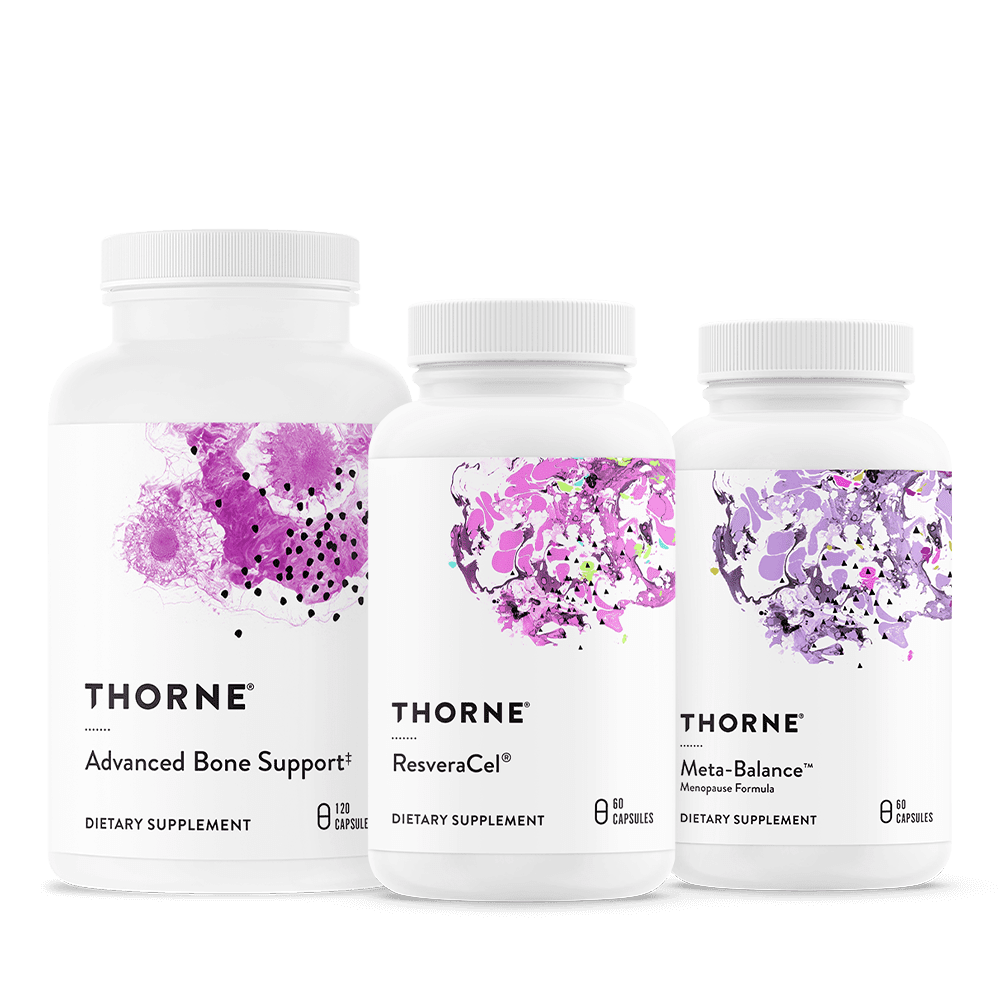
At Fluid Health and Fitness, we recognize the importance of understanding how gender influences nutritional requirements, especially during significant life transitions such as menopause. This blog delves into the variances in hormones, weight management, mortality, morbidity, metabolic and nutritional differences, focusing on how menopause impacts weight management, health, and susceptibility to other disease states.
Key Nutritional Strategies for Managing Menopause
Hormonal Changes and Nutritional Needs:
Menopause marks a significant hormonal shift in women, characterized by declining estrogen levels. This hormonal fluctuation impacts metabolism, body composition, and nutrient utilization. Estrogen plays a crucial role in regulating metabolism and maintaining bone health. Women may experience changes in body fat distribution as estrogen levels decline, making weight management more challenging. Additionally, decreased estrogen levels can lead to increased abdominal fat deposition, which is associated with a higher risk of metabolic syndrome and cardiovascular disease.
Weight Management Challenges:
Weight management becomes increasingly challenging during menopause due to hormonal changes and age-related metabolic slowdown. Women may experience weight gain as metabolism slows down, particularly around the abdomen. This weight gain affects physical appearance and poses significant health risks. Excess abdominal fat is linked to insulin resistance, type 2 diabetes, and cardiovascular disease. Therefore, adopting a nutrient-dense, balanced diet and engaging in regular physical activity are essential for managing weight and reducing the risk of chronic diseases.
Health Implications and Disease Susceptibility:
Menopause is associated with an increased risk of certain health conditions, including osteoporosis, cardiovascular disease, and mood disorders. Estrogen plays a crucial role in maintaining bone density, and the decline in estrogen levels during menopause can accelerate bone loss, leading to osteoporosis and an increased risk of fractures. Furthermore, changes in lipid metabolism and blood pressure regulation increase the risk of cardiovascular disease during menopause. Additionally, fluctuating hormone levels can contribute to mood swings, anxiety, and depression, impacting overall quality of life.
Metabolic and Nutritional Differences:
Metabolic and nutritional differences between men and women influence nutrient requirements during menopause. Women have higher iron requirements than men due to menstrual blood loss, but iron needs decrease after menopause. However, calcium and vitamin D requirements increase during menopause to support bone health and prevent osteoporosis. Moreover, maintaining adequate protein intake is essential for preserving muscle mass, especially during menopause when muscle loss accelerates.
Practical Suggestions for Improving Health During Menopause:
- Incorporate Strength Training: Regular strength training exercises can help preserve muscle mass, boost metabolism, and support weight management during menopause.
- Prioritize Bone Health: Increase calcium-rich foods such as dairy products, leafy greens, and fortified foods, along with vitamin D sources like fatty fish and fortified dairy products, to support bone health and reduce the risk of osteoporosis.
- Manage Stress: Practice stress-reducing techniques such as meditation, yoga, or deep breathing exercises to alleviate symptoms of anxiety and depression commonly experienced during menopause.
- Stay Hydrated: Drink plenty of water throughout the day to maintain hydration, support metabolism, and alleviate symptoms like hot flashes and night sweats.
- Seek Support: Joining support groups or seeking guidance from healthcare professionals can provide valuable information and emotional support during the menopausal transition.
Takeaways:
In conclusion, menopause brings about significant hormonal changes that affect women’s nutritional needs, metabolism, and health outcomes. Understanding these changes and adopting appropriate dietary and lifestyle strategies can help women navigate this life stage with optimal health and well-being. At Fluid Health and Fitness, we are committed to providing personalized nutrition and fitness guidance tailored to meet the unique needs of women during menopause, empowering them to thrive through this transition and beyond.
References:
– Santoro, N., & Randolph Jr, J. F. (2011). Reproductive hormones and the menopause transition. Obstetrics and gynecology clinics of North America.
– Manson, J. E., & Bassuk, S. S. (2015). Menopausal hormone therapy and the primary prevention of cardiovascular disease. Annals of internal medicine.
– North American Menopause Society. (2012). The role of calcium in peri-and postmenopausal women: 2006 position statement of The North American Menopause Society. Menopause.
– Lovejoy, J. C., Champagne, C. M., de Jonge, L., Xie, H., & Smith, S. R. (2008). Increased visceral fat and decreased energy expenditure during the menopausal transition. International journal of obesity.





